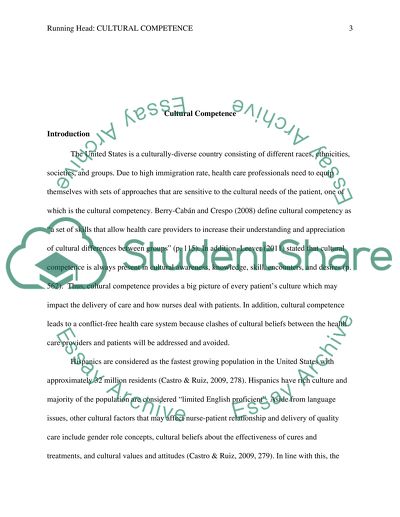Cite this document
(“Culteral Competence Paper Admission/Application Essay”, n.d.)
Culteral Competence Paper Admission/Application Essay. Retrieved from https://studentshare.org/nursing/1447886-culteral-competence-paper
Culteral Competence Paper Admission/Application Essay. Retrieved from https://studentshare.org/nursing/1447886-culteral-competence-paper
(Culteral Competence Paper Admission/Application Essay)
Culteral Competence Paper Admission/Application Essay. https://studentshare.org/nursing/1447886-culteral-competence-paper.
Culteral Competence Paper Admission/Application Essay. https://studentshare.org/nursing/1447886-culteral-competence-paper.
“Culteral Competence Paper Admission/Application Essay”, n.d. https://studentshare.org/nursing/1447886-culteral-competence-paper.


